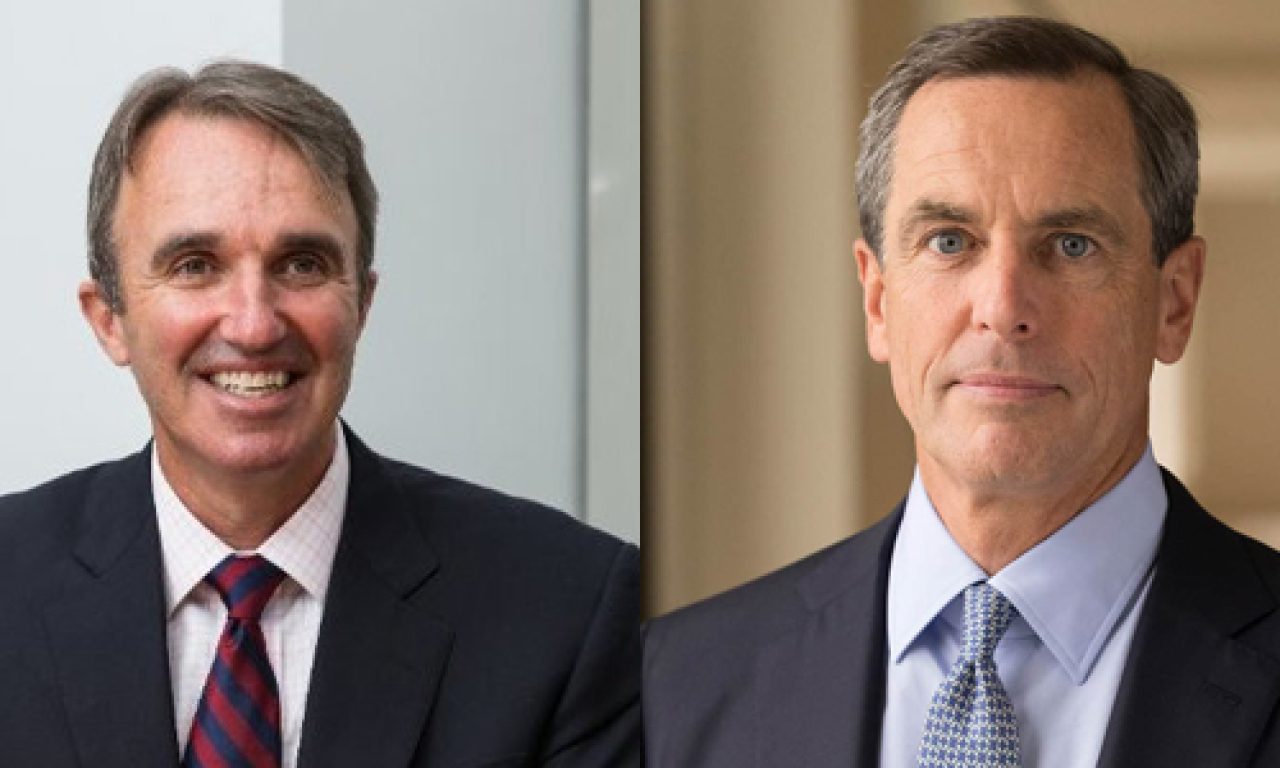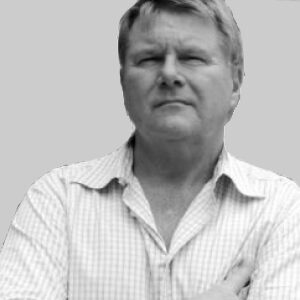Capital Group has an interesting suggestion: why not turn the standard portfolio construction view for investors on its head? Why not reverse the traditional beta-heavy core and alpha-seeking satellites of the portfolios of most big super funds? The global manager believes that putting active strategies at the core provides more flexibility, and, ultimately, a better risk and return outcome.
And it has the evidence, according to Paul Hennessy. “Our (flagship) fund has done an average (return) of about five times above its benchmark since inception,” the Capital country head for Australia and New Zealand says. “What active fund managers have proven to be is consistently good at adding value in volatile markets, across various asset classes,” he says. “These days, people are caring more about their counterparties and what they are doing which is sustainable.”
Hennessy says that Capital Group has found that it has needed to be big enough to cover the world and small enough to manage all its relationships and build trust with its clients and partners. California-based Capital has three equity investment groups, each of which has about 75 investment professionals, plus a fixed income team and a macro-economics team, which runs the ‘Global Strategy Research’ strategy. It also has various mutual funds. All up, around the globe, the firm has about 8,000 employees. Capital is privately owned with just over US$2 trillion under management as at December last year.
Perhaps befitting its Californian base, the firm has always had a strong adherence to ESG principles and practices. California has as many, or more, bushfires than Australia does, as they are fighting right now through the end of their northern hemisphere summer. They are attuned to climate change issues, water salvage and maintenance, and all other aspects of ESG as Australians are. The firm recently published a white paper, called ‘Update on Global Citizenship’, which notes that Capital has contributed more than US$237 million to not-for-profit organisations over the past 10 years. It has also encouraged its staff to get engaged and matched their own contributions in various ways.
From a cultural perspective, the paper says: “Our differences make us better. This simple affirmation summarises a powerful idea at the core of our beliefs relative to diversity and inclusion.” Tim Armour, the chairman, says: “Capital has 89 years of experience navigating disruptive global events and market extremes. We will find a way forward and make the best of these challenging times. As we do so, our sense of citizenship will remain essential to our mission and strategies. It’s a cultural and business imperative that has contributed to the sustainability and growth of our company across generations of associates.
“One of the many lessons I’ve learned in my 37 years here is that our success, and that of our clients, is predicated on our willingness to be a learning and evolving organization; we continually reflect on what’s happening in the world around us, understand our place in it, and adapt accordingly. This ‘Update’ on global citizenship provides a view to what we’ve learned so far about being a responsible corporate citizen.
“We measure our success based on the impact we have on the world. First and foremost, that’s defined by the impact we have on our investors’ lives, and also extends to the impact we hope to make in our communities, on our environment and on our people. In each of these endeavours, we have much to be proud of, much to learn, and much more to do.”
Paul Hennessy says that at the beginning of the COVID crisis, followed by the ‘black lives matter’ tragedies, Capital discussed at all levels “what we could do to make our people’s lives better”, as well as the lives of everyone around them, both inside and outside of the business, such as with clients, and personally. “For us, diversity is a business requirement “because it is the way we manage money, Hennessy says.
“We have found that the promotion of women within the ranks is easy, once they start. We have a process called ‘rid the resume’ where the executives who are interviewing candidates do not get to see their resumes before the interview. We have found that we not only get roughly gender equality in the results but also more than 50 per cent have been non-Caucasian so far. There’s also cognitive diversity among them,” he says.
For Capital, a key theme, culturally, is that delivering financial results is “just the start. “How we deliver those results and the legacy they leave are just as important.”
Hennessy says: “For us, in 2020, the world in which we are investing, and building has been fundamentally changed by the coronavirus pandemic and closer to our US home, the ‘Black Lives Matter’ movement. These events have cast a bright light on how interconnected the world is and the importance of citizenship. And for our 8,000 associates around the world, it’s been critically important to keep them engaged. And keeping them engaged ensures we retain the support of our investors.”
– G.B.


